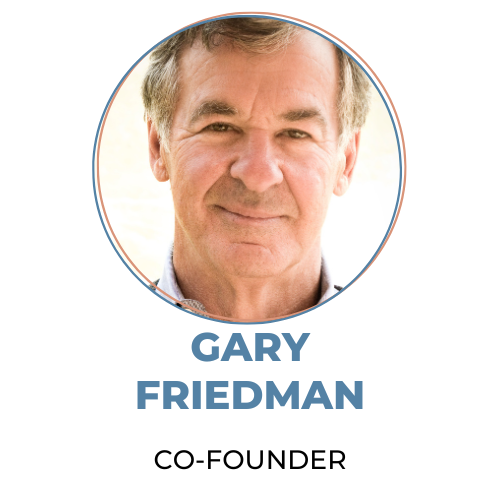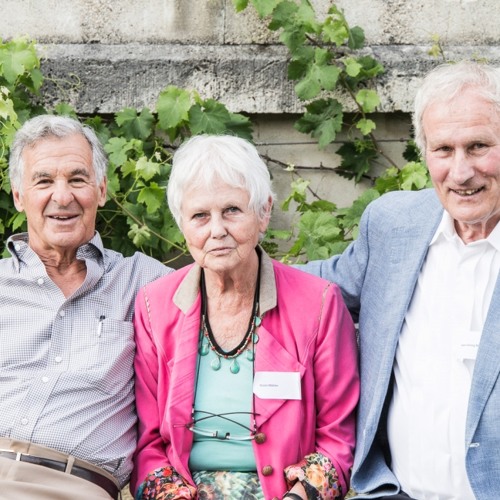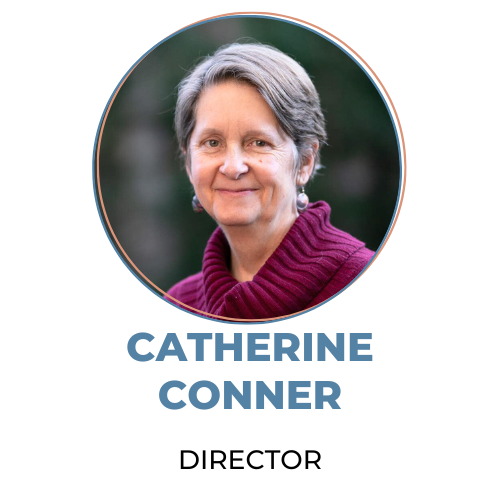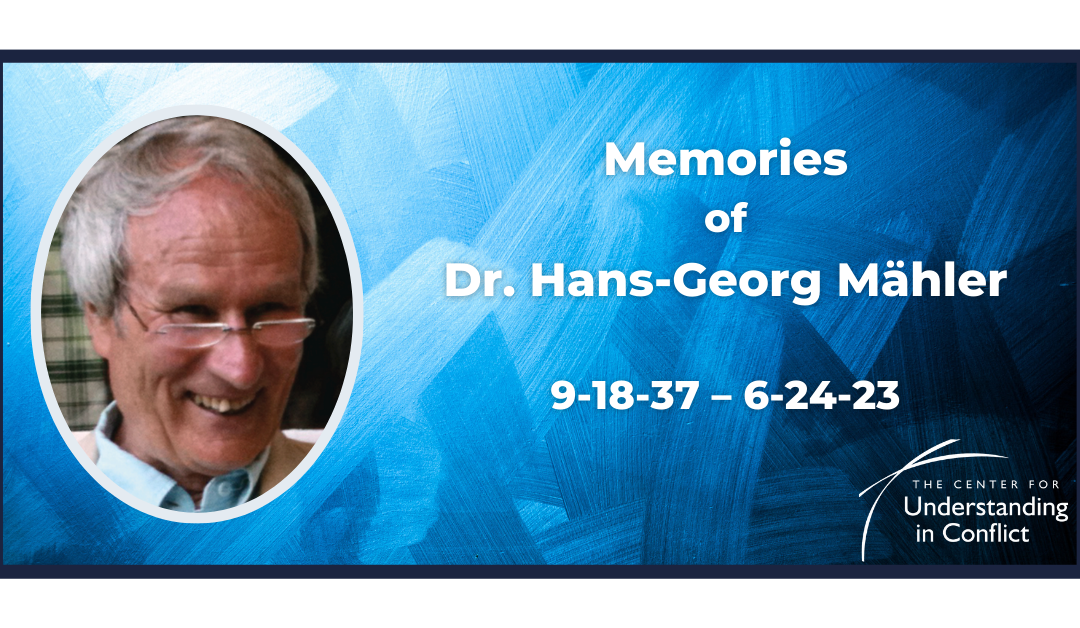 It was with great sadness that I learned of the death of my great friend and colleague, Hans-Georg Mähler. He seemed so much larger than life; it’s hard to imagine he’s no longer with us.
It was with great sadness that I learned of the death of my great friend and colleague, Hans-Georg Mähler. He seemed so much larger than life; it’s hard to imagine he’s no longer with us.
In 1988, when I was living with my family for a sabbatical year in France, I received a call from him inviting me to come to Germany to teach mediation. I was reluctant to accept his invitation for various reasons, not the least because I was Jewish and didn’t have good feelings about the country. So instead of saying no, I laid out several conditions that I thought would be difficult for them to meet and hoped they would find someone else. Several months later, when he called again and said that they had met all the conditions, I noticed one unmet condition and told him I would not come.
An hour later, Hans-Georg called again. He had identified himself as a German judge and spoke with a deep guttural sound, so it was a shock to me that he pleaded with me to come saying, “My heart flies out to you.”
I was stunned by this statement of such vulnerability. All I could manage to say was, “It’s clear that you don’t know me, and I don’t know you, but if you feel it’s so important to you that I come, why don’t you and your wife (who was a lawyer) come to our place in France, and we’ll talk and if at the end of the discussion you still want me to go and I want to come, we’ll do it.
 A week later, our doorbell rang, and Hans-Georg and his wife, Gisela, were there with bags in hand. I invited them to come in, but even before they had put their bags down, I said, “I didn’t tell you this on the phone, but I’m a Jew, and I have bad feelings about Germany.”
A week later, our doorbell rang, and Hans-Georg and his wife, Gisela, were there with bags in hand. I invited them to come in, but even before they had put their bags down, I said, “I didn’t tell you this on the phone, but I’m a Jew, and I have bad feelings about Germany.”
I think he said he would like to put his bags down, but whether he did or not, he immediately responded. “I understand. I have very strong feelings about what happened. After the war, when I became a judge, I decided to become a War Crimes prosecutor to come to terms with this dark stain of our past.”
This statement so deeply touched me that I felt tears rising in me and could see his tears. All I could think of was to hug him, and I knew then that I was going to Germany – this was too interesting to refuse.
When I went to Germany with my whole family, we were treated with such kindness and warmth, even while knowing that there was a Neo-Nazi rally occurring within a few blocks of our training site. The experience deeply moved me. Basking in the warmth of the kindness of a beautiful group of people so profoundly interested in what I was teaching was one of the greatest moments of my life.
Hans-Georg and Gisela became mediation leaders in Germany, starting an umbrella organization for mediators in Germany, which they headed. The following year, I returned with Jack Himmelstein, who was equally touched by his relationship with Hans-Georg and Gisela, and together with them, we went all over Germany teaching the Understanding model of mediation – understanding was at the heart of everything we did with Hans-Georg and Gisela.
It was never an easy relationship. We had many difficult moments. We also had many laughs, exciting and challenging conversations. Our mutual commitment to understanding brought us back almost every year since then to teach with Hans-Georg and Gisela. We came just after the Wall had fallen, with their presenting us with pieces of the Wall. Hans-Georg went to every one of our programs and sat speaking into his recorder, tireless, curious, challenging, and always with a warm heart and great spirit.
And we continued to build and develop more understanding through our commitment to working together. Several years into our relationship, Jack’s wife, Lauren, who happened to be my cousin and Gisela decided that we should face the most profound strain between us and have a dialogue group between Germans and Jews, which we all participated in, including my wife and many of the people we had taught. We did this for a few years in Germany and the U.S. There were many tears and misunderstandings, but always love that would bring us together despite our many differences—and always a deeper understanding of ourselves, each other, and our work.
Hans-Georg and Gisela persisted in continuing the work. They were part of a group of professionals called the Eidos project, which has met regularly for all the years I’ve known Hans-Georg and Gisela, working to bring depth and understanding into their work and lives. I feel deeply privileged to have been a part of their lives.
Last year, when I went to Germany to do a program with Hans-Georg and Gisela, it was clear that he was dying and that this would be our last time together. He was looking forward to his adventure with death but still had work he wanted to do here – all captured in his last words to Trish and me. He told her, “The next time I see you will be in the clouds.” And then, in the next breath, he said to me.”What time will you come next year?”
I will miss him greatly, and I will never forget him.
– Gary J. Friedman
 We first met Hans-Georg and Gisela Mähler after being invited to conduct a first-ever Collaborative Practice training in Germany. The Mählers had previously pioneered mediation in Germany and were inspired to do the same for Collaborative Practice. Even before we arrived, Hans-Georg’s appetite for knowledge was evident. He asked many probing questions about why and how Collaborative Practice worked, wanting a comprehensive understanding of the process before the first training.
We first met Hans-Georg and Gisela Mähler after being invited to conduct a first-ever Collaborative Practice training in Germany. The Mählers had previously pioneered mediation in Germany and were inspired to do the same for Collaborative Practice. Even before we arrived, Hans-Georg’s appetite for knowledge was evident. He asked many probing questions about why and how Collaborative Practice worked, wanting a comprehensive understanding of the process before the first training.
When we arrived, it was clear that his interest was more than academic. He was thrilled to introduce the training as the first step in creating the German model for “Cooperative Praxis – Collaborative Practice.” His care and concern for his colleagues and future clients were at the forefront in the people who were at the training, the logistics of the training (beautiful venue in the mountains with delicious food and comfortable facilities), and many more questions about the process. The respect, admiration, and affection for Hans Georg by his colleagues was also evident.
Hans-Georg always treated us as honored guests, consistently wanting to ensure everything was right for us. We stopped at a restaurant on the way to the venue, and he was utterly delighted when they had cake so that he could be the first one to introduce us to the mid-afternoon cake break. His joy and laughter at this fortuitous stop was infectious. His smile always warmed your heart.
After this initial training, we were fortunate enough to have more opportunities to spend time with Hans-Georg, and we always felt uplifted by his enthusiasm and care. We will miss him.
– Catherine Conner and Randy Cheek

